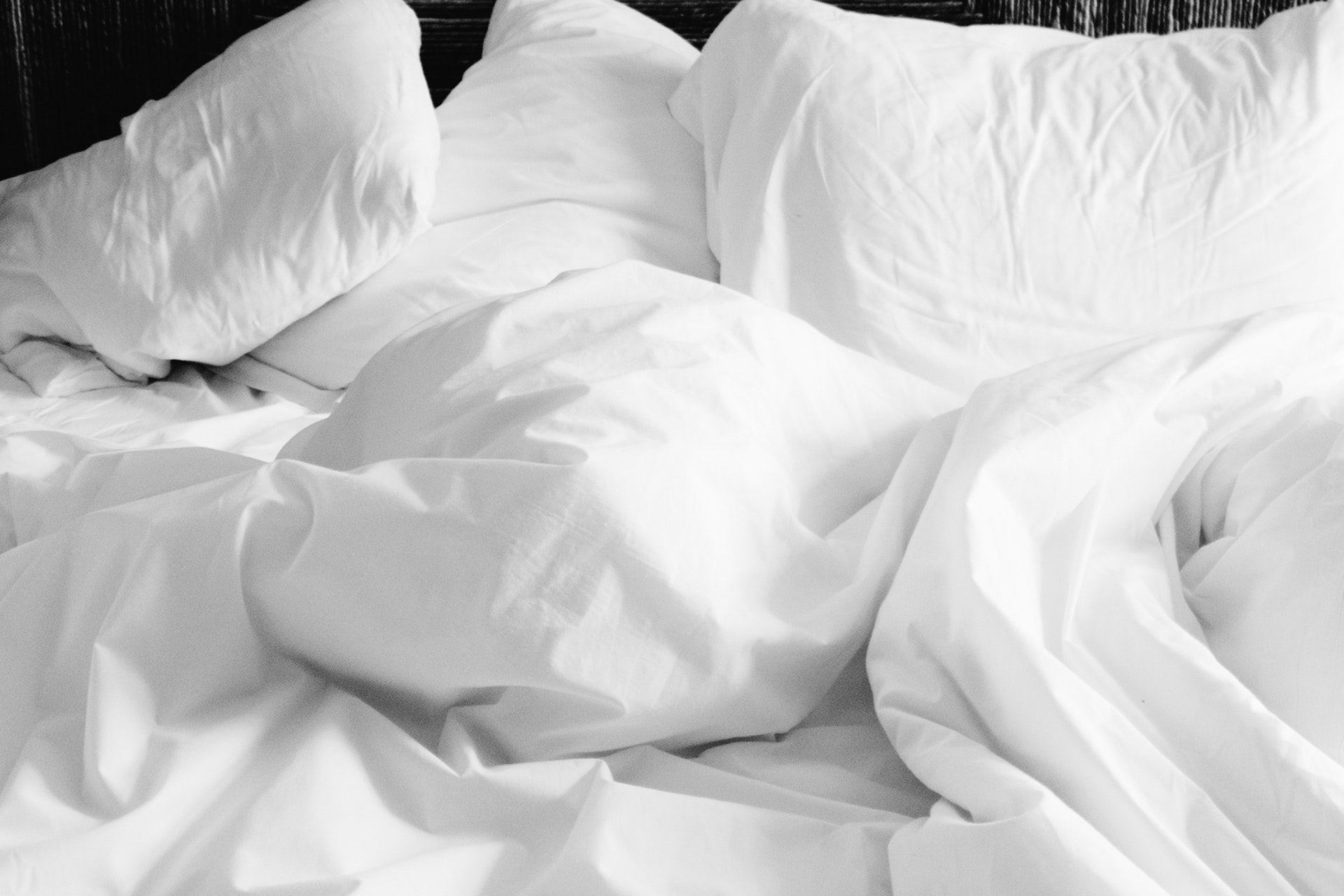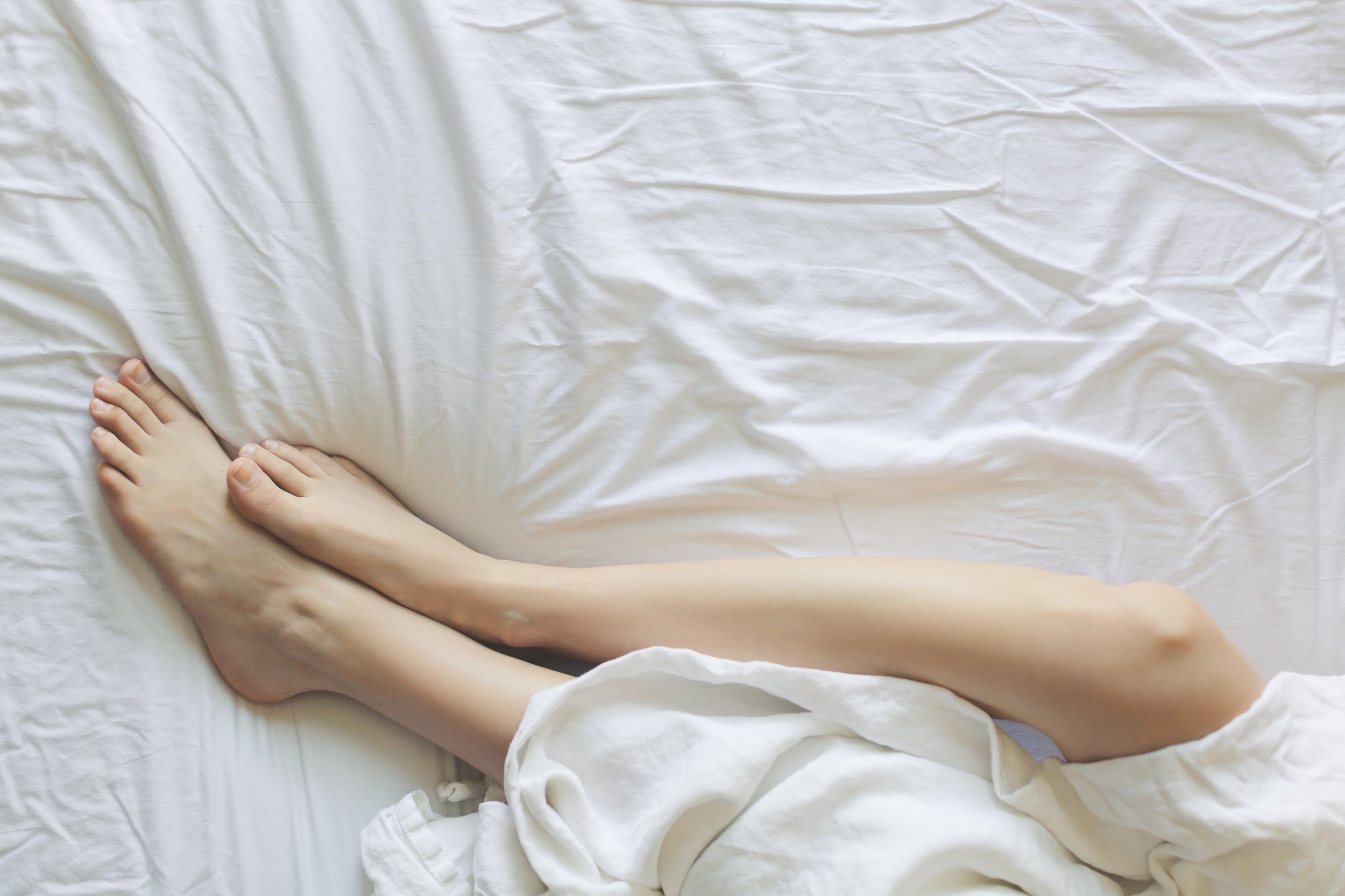KARIN HILFIKER, PHYSIOTHERAPIST AT FIX LONDON FIELDS, ON WHY SLEEP IS SO IMPORTANT AND HOW TO GET SOME GOOD SHUT EYE.
Who doesn’t love sleep? What doesn’t feel more glorious than climbing into bed after a long day?
That said, many of us don’t get the amount of sleep we need. Did you know that more and better sleep can not only increase concentration, enhance motor performance and mood, it can also help prevent or reduce persistent pain? (1). There are several possible mechanisms of how this might happen including changes in dopamine and opioid levels in the brains as well as reduced inflammation and changes in neuroendocrine levels.

If you’re an athlete, sleep is even MORE important as it can enhance performance, promote tissue recovery and reduce risk of injury, as shown by numerous recent studies (2). Lebron James, Usain Bolt, and Roger Federer famously sleep 10-12 hours per night! (3)
Getting enough sleep is both about the quantity of sleep as well as the quality of your sleep. Below are are some tips to for a great night’s sleep:

1. Getting enough sleep: the average person needs between 7-9 hours of sleep per night, athletes in training likely need a bit more. If you are getting much less than the recommended amount, start small and just try turning off the lights a half hour earlier each night.
2. Going to bed and waking at the same time each day helps normalize your circadian rhythm and can help you fall asleep faster when you get in bed.
3. Establish a night time routine: dim the lights, drink a cup of caffeine-free tea, take a warm shower or listen to soft music. Meditation or a gentle yoga practice can help relax your body and your mid.
4. Create your Cave: your sleeping area should be quiet, cool and dark. Optimal room temperature is 16-18 degrees centigrade. Use blackout blinds, eye mask, or ear plugs if you need to. Ideally avoid using your bedroom to work, watch television or eat before sleeping.
5. If you cannot sleep within 15 minutes, get out of bed and try performing a mundane task. Don’t work or watch TV as this might be too stimulatory. Similarly, if you regularly wake during the night and have a hard time falling back to sleep, go to another room and read or do other quiet activities until you feel sleepy.
6. Avoid coffee, alcohol and nicotine in the hours before bed. Some people are very sensitive to caffeine and should avoid caffeine after 12pm.
7. Napping has been shown to have benefits on cognition and motor performance! (4) If you have trouble sleeping, however, you may want to avoid daytime naps or because it can interfere with sleepiness at night
1. Finan PH, Goodin BR, Smith MT. The association of sleep and pain: an update and a path forward. J Pain. 2013;14(12):1539-52.
2. Bird, Stephen P. PhD, CSCS Sleep, Recovery, and Athletic Performance: A Brief Review and Recommendations.1,2
3. https://www.forbes.com/sites/brucelee/2017/06/09/this-is-how-many-hours-of-sleep-lebron-james-gets-a-day/#5d4e781279b2
4. Lovato, N, Lack, L. The effects of napping on cognitive functioning. In: Gerard A.Kerkhof and Hans P.A. van Dongen, editors: Human Sleep and Cognition, Vol 185, Oxford: Elsevier Science; 2010, p. 155-166.
